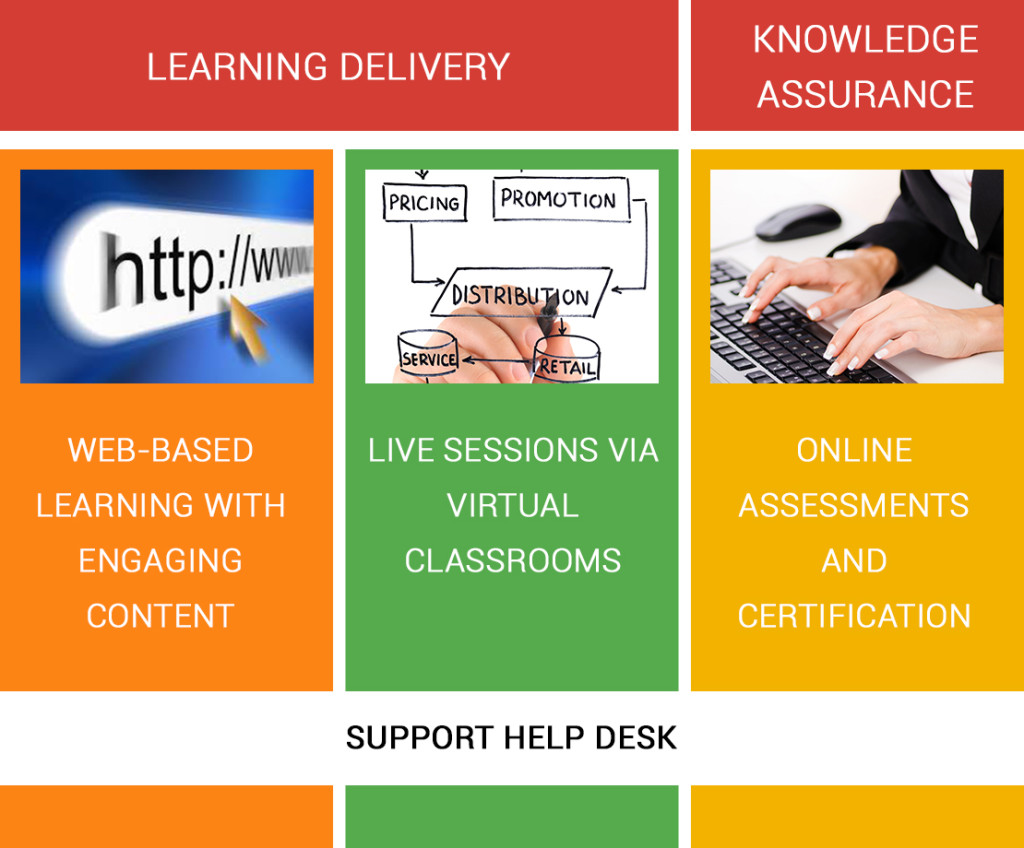Businesses are no longer confined to geographical boundaries. They need to be able to operate seamlessly across countries and continents to stay competitive. This poses a challenge in building the competency levels of their human resources. Conventional approaches to training are expensive and ineffective and often the effectiveness cannot be tracked. Leveraging technology therefore becomes imperative for organizations that have a distributed workforce and geographically spread-out customers to deliver training on the go, when they need it, rather than having to bring them together into conventional classrooms. Time-to-market and Time-to-profit are determined by how quickly an organization is able to get its customer-facing work-force trained on its new product launches both from a sales and service perspective.
The following scenarios are cases-in-point that can immensely benefit from leveraging technology for learning delivery:
- Bio-Pharma /Life Sciences companies imparting adequate product knowledge to thousands of Medical Reps spread across a country or continent on new drug launches, or competitive products or handling bad press coverage of a particular drug and assessing their knowledge to be sure that they can confidently present themselves in an ethical selling process.
- IT Services companies training its employees across multiple locations or at customer locations on key skills and competencies to provide quality services to their customers.
- Companies in the Automotive sector training the sales staff of their dealer networks and staff at Service Centres across multiple sites.
- Insurance companies training Insurance agents and field staff on new products they launch frequently
- Retail businesses training their Customer Service Executives and Store Managers in a growing number of stores
- FMCG companies training the staff in the supply chain about new processes or software for their operations.
Blended Learning Delivery Framework:
Realising very early that an element of human intervention supplementing eLearning delivery will add significant value to learning outcomes, Ecole developed a framework for blended learning delivery as early as 2007. The model has three key components as illustrated in the graphic below to maximize participation, cater to multiple learning styles and make the learning delivery most effective:
• Learning Delivery
- Instructor led via Virtual Classrooms
- eLearning Content delivered via an LMS
• Knowledge Assurance
- Proctored Online Assessments
- Certification
• Help Desk
- Technical Support
- Mentoring
